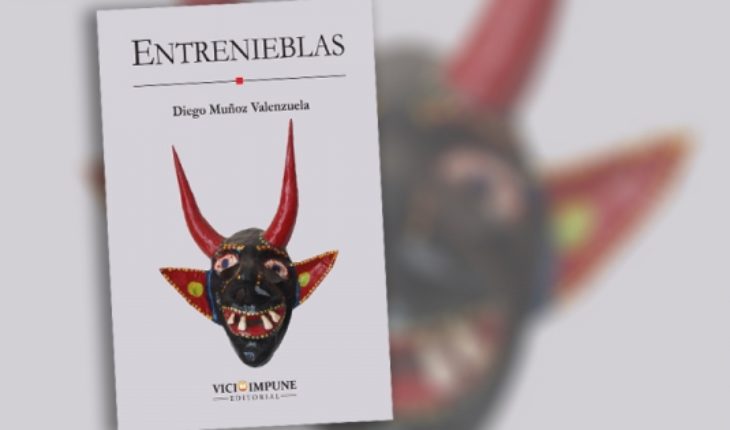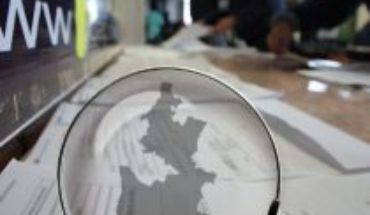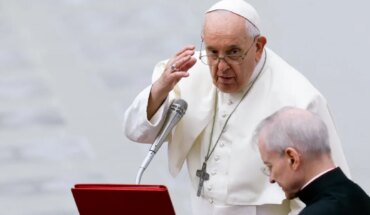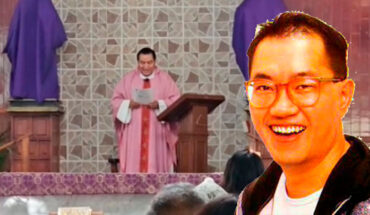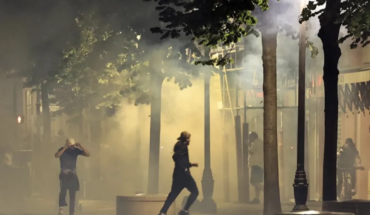of all branches of knowledge associated with humanism, the literature is almost less fashionable, the less attractive and more unreaf, and also, with less likely looms in the discussions on the relevance for humanism for life in the 21st century, in the same way as [anti]Marxist socialism has been left to co-opt the neoliberal mantras by making us believe that equality and freedom are “things” of the Academy.
It has also been in the Academy the place where have been coined neologisms, «logorreas», who are trying to portray the strange and vague. Go a paladino example: the Oxford English Dictionary declared post-truth [posverdad] as the international word of the year 2016, and it was defined as the circumstance in which “the objective facts have less influence in shaping the public opinion that the appeals to» the emotion and personal beliefs”; You can argue that consensus on the meaning of the words is one of the most basic consensus that exist in any society so much that not even we are aware of this.
How it is there – or if it exists, is not note – Cabinet democracy narcoticising disaster resistance, it seems, seen from outside, to be what Diego Muñoz Valenzuela is interrogated in his latest novel – Entrenieblas-, published under the editorial talents of Vice Unpunished.
From the Posverdad to the Posmentira «Entrenieblas», under the Chilean storytellers collection, consists of a little more than one hundred pages in that novel, recreating the mystique with which related human beings under the dictatorship of Pinochet, trafficking of life and the hurry death of boys whom the State-«[aquella] effective machinery of extermination”- is indicated under the heading of «humanoid», every time that they managed to survive the bullets.
Written in a pleasant tone, calibrated speed and away from the pretensions of the narrative pedantry or the charm of the youth struggle against the dictatorship, the set of texts reflects exquisite form the fascination of the writer to put at the disposal of the new readers the atmosphere of time, recounts life, used killings, habits, language, beliefs, adversities, games, their voices and ways of thinking.
Is made of diverse voices, conflicting and even contradictory, voices that haunt the imposture and misunderstanding, weaving and unweaving a thick weft of signs and references and an ambiguous system of echoes and resonances whose purpose is the description of calamities and miracles with a combinative style that alternates the testimony with the Chronicle, the irony with amazement, intimate landscape and the cosmopolitan.
The context is a hostile and difficult sacrifice in which protagonists of the Chile in the early 1980s did not lose the magic of life, as we can easily deduce «Entrenieblas» reading.
Far from any naif, sweetened imprint, publishing house publishing and own writer pay sense and respectful tribute to victims, while with characteristic precision and high quality narrative Muñoz Valenzuela.
The truth about political processes under the Pinochet dictatorship years ago «Entrenieblas» may contain more wisdom than the one that the author has.
Thus writes.
Wednesday, October 10, 1973 the pressure from his own colleagues made the rebels relentlessly – reluctantly – patriotic acts of the Monday morning. However, showed disobedience in various ways: stirring up in the ranks that forced them to form; regardless of the stanza dedicated to the brave soldiers; emitting whistles and now at select times. The inspectors walked around among them, warn them or threaten them, as the case may be.
College entrance test was delayed as many other events. Diogenes racked their brains meditating about his future. I had a grant to study nuclear physics at Lomonosov University; had communicated it is a few days before the military coup. To respond through the India Embassy and travel to Argentina for a long journey it accepted.
He knew that if he traveled to Moscow he could not return for a long time. His father was over seventy years, although he did not consider it old. It could perhaps not see it again. It was enough to put it on a list of undesirables to the dictatorship and exile, as thousands of compatriots would become.
Parents of Diogenes wished to leave for Chile. It would be safe, away from the clutches of criminal. He debated it in uncertainty. On one hand, he dreamed of studying abroad a career of the future, discover a new world, learn another language. Otherwise, I didn’t want to get rid of their country or less of his family in that terrible contingency. It could not withstand the impotence in the distance.
It was to look at the Government Palace. There was a very strict custody perimeter. Photographers roamed there hunting for images and the soldiers hindered them, asked them for identification, frightened them with their machine guns. Blackened by smoke, pierced by bullets from heavy gauge, destroyed without mercy, the building became a living monument to the dignity of Salvador Allende.
Became les throat bitter and blurred vision. Diogenes and his friends left there without talk, shell-shocked.
Poured in this op-ed content is the sole responsibility of the author and do not necessarily reflect the editorial line nor the counter position.

